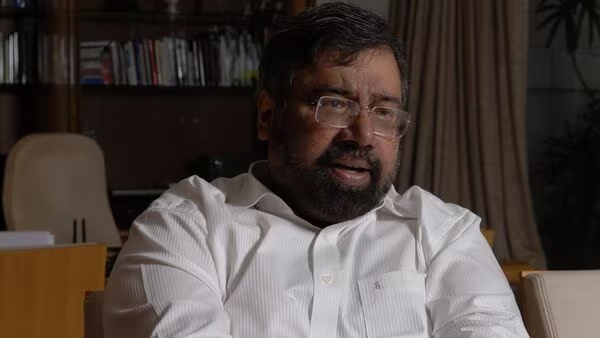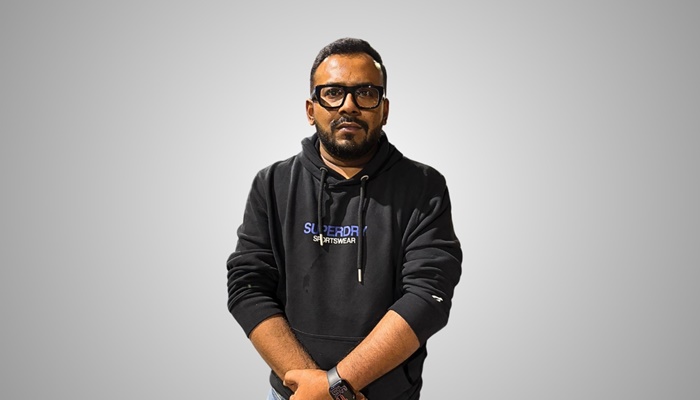In a thought-provoking LinkedIn post, Kaustubh Mehta, Director at Metaforge Engineering and Founder of IKR Thermoforms, has ignited a fresh conversation on India’s education-to-employment gap. Mehta argued that college degrees alone no longer guarantee career success, urging students to focus on building real-world skills and leadership qualities.
“90% of Indian students think: College Degree = Job. But this isn’t how it works in real life,” Mehta wrote. “The people who get well-paying jobs don’t depend only on their college degree. They build skills beyond college education. Only these people move forward.”
Drawing from his own college experience nearly three decades ago, Mehta recalled how his involvement in clubs and events helped him cultivate leadership, negotiation, and problem-solving abilities — skills that still benefit him today.
“Nobody will recommend you for a promotion just because you have a degree, even if you’re from a Tier 1 college,” he noted. “Your own team won’t support you if you lack leadership skills. And those aren’t ready-made; they are developed through effort.”
Skills vs Degrees
Mehta warned that today’s students often fail to seize opportunities outside the classroom. “Every college conducts events. Every college has opportunities. But students don’t come forward. They attend classes, study for exams, get their degree — and then wonder why they’re not getting good opportunities,” he wrote.
His advice was clear, “It’s 2025. People get jobs based on their skills, not just a fancy degree. Skills will matter more than degrees in the future, that’s for sure.”
The post resonated widely, drawing support and sparking debate online. One user cited a Harvard 10-year study, pointing out that students involved in extracurriculars were “three times more likely to hold leadership positions within a decade of graduation.”
Another comment stressed the role of parents, “They push kids to get marks but forget about personality development.”
A third echoed Mehta’s message, writing: “Success is never guaranteed by a degree — it is earned through constant learning, discipline, and purposeful activity and work.”
The bigger picture
Industry leaders and education experts have long argued that India’s education system leans heavily on academic performance while underestimating the value of practical exposure. Mehta’s post adds to a growing chorus urging young Indians to embrace leadership, creativity, and entrepreneurial thinking — qualities critical to thriving in a fast-changing job market.
“Don’t be limited to college placement and a high-paying job. Dream big,” Mehta concluded. “The new India needs more leaders than employees.”




















